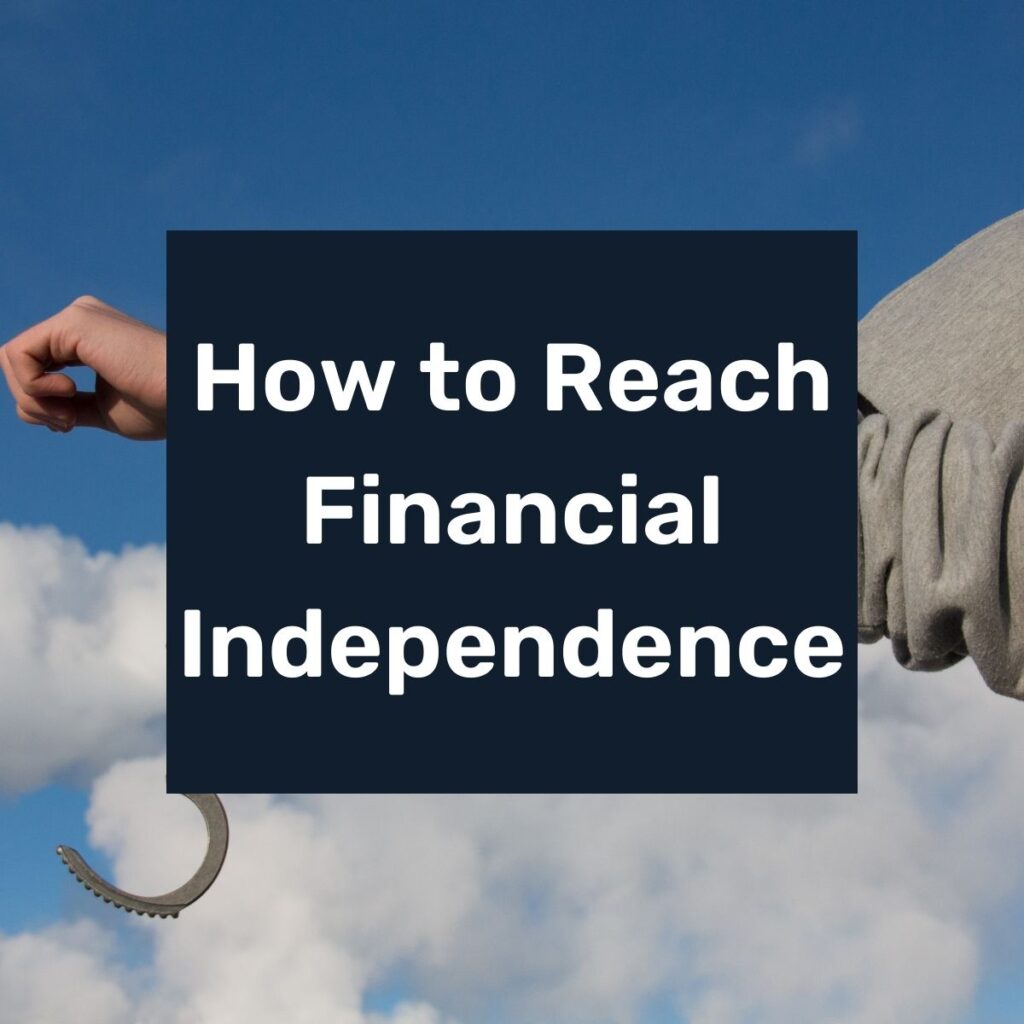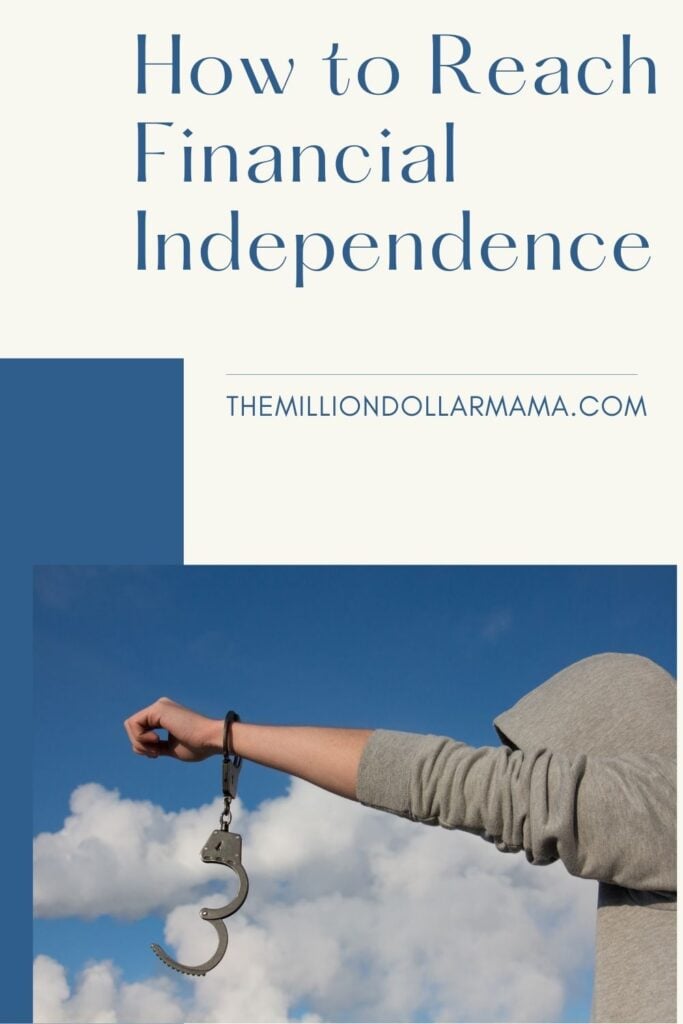This is a guest post by Ken Boyd. Ken Boyd is an accounting and finance expert at AIS-CPA. He is also the author of several books, including Cost Accounting For Dummies, Accounting All-In-One For Dummies, The CPA Exam For Dummies, and 1,001 Accounting Questions For Dummies.
What exactly does it mean to be financially independent? Everyone has a different view on this subject, but the general definition leans toward “a state of being in which you don’t have to work to pay your living expenses”.

In more elaborate terms, you reach financial independence when your passive income streams are enough to support your regular lifestyle. Of course, this doesn’t mean you won’t work anymore; it’s just that you don’t have to work in order to put food on the table and pay the bills.
So how do you get to this state of financial bliss?
Here are a few ideas that we know work because we see them happening in everyday life and because many experts support them.
Related: What is Fat FIRE?

#1: Create Passive Income
The idea of passive income is that you create a system that brings money without having to invest time and effort on a daily basis (it’s not a job). Instead, you work on the setup and then wait to see the results while also doing a bit of maintenance.
Here are two ideas that work quite well if you take your time and find the right niche:

Real Estate Crowdfunding
Real estate investments can be a nice source of passive income, but only if you know how to find the right properties.
So if you are a real estate agent or can get advice from a reliable expert, you may have the necessary knowledge to make a few solid investments. However, this also requires a hefty initial investment and not many can afford it.
Luckily, there is a way to invest in property even if you don’t have the budget to buy property. Crowdfunding or crowdsourcing is a way for individuals with limited financial resources to invest in property.
In a nutshell, crowdsourcing platforms accept investments from various individuals (some as low as $5) and use the funds to purchase commercial or residential real estate.
This way, you become an equity holder and receive regular returns on your investment if the property is doing well. Plus, you don’t have to worry about maintenance-related costs or repairs!

Affiliate Marketing
If you like dabbling in website development or you already have a social media following, then affiliate marketing may be the way to your financial independence.
As an affiliate, you promote advertisers’ products to your community and get a share of the profit (each advertiser offers a different percentage, but most keep it under 10%).
While the share you receive as an affiliate is not that big, if you have a large following, an email list, or if you can build a website that reaches the top search results in Google, you have a real chance at a solid line of income.
Plus, big retailers, like Amazon, have special affiliate marketing programs and platforms to make your job a little easier.
#2: The FIRE Technique
Inspired by the 1992 book Your Money or Your Life co-authored by two financial experts, FIRE (Financial Independence, Retire Early) is a movement of people dedicated to extreme savings in their early life.
Once they reach a comfortable threshold, they retire (a lot earlier than the standard) and live off small withdrawals from the savings they accumulated.
The method is quite popular among Millennials, but younger generations may also be interested in early retirement. However, it does require economic discipline and knowledge of the financial investment system.

#3: The 4-Hour Work Week
The 4-Hour Work Week, by Tim Ferris (activist, writer, and self-help guru), is a book that inspired office workers everywhere when it first came out in 2007. Plus, in the context of the current pandemic, the ideas promoted in the book become once again popular.
The book was designed as a collection of tools, strategies, and tips that help people get rid of their 9-to-5 rat race and live a life of wealth and fun. While some of its ideas are a bit outdated, the core of the book is still valid today.
The author tried to show the world that you don’t need to work yourself to death in order to achieve financial independence.
If you make the right choices and implement systems that can be controlled remotely without too much effort, you can live an extremely exciting life with only a few hours of work per week!
Key Takeaway
As you can see, there are plenty of opportunities for passive income, from investing in property to becoming an affiliate marketer, to teaching valuable skills online. You can also make smart investments (if you have the knowledge and skills) and live off the results.
On the other hand, you can focus on extreme savings during your first years as a working adult or find ways to reduce your working hours without feeling a dent in your income.
Regardless of the way you choose to do it, financial independence is a goal we should all strive for.
What steps have you taken to reach financial independence?
Hi I’m Ana. I’m all about trying to live the best life you can. This blog is all about working to become physically healthy, mentally healthy and financially free! There lots of DIY tips, personal finance tips and just general tips on how to live the best life.


Leave a Reply